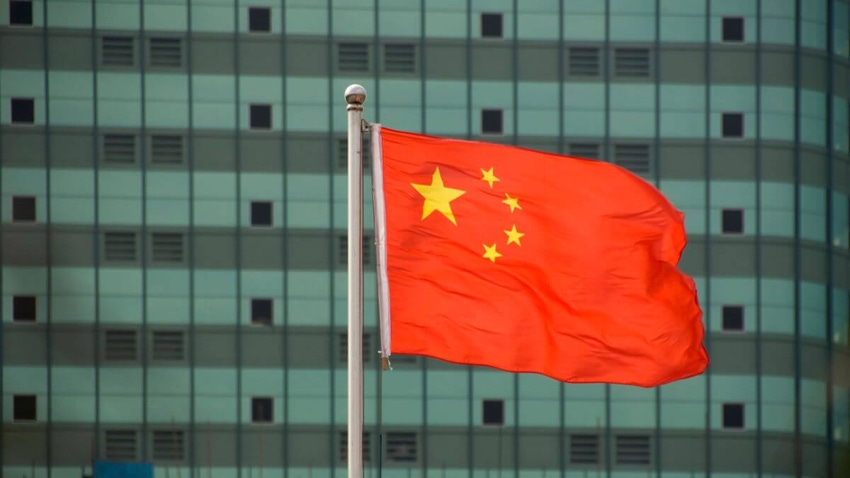China regulators target telco Dr Peng over decade-long irregularities
Dr Peng chairman Yang Xueping faces a possible ten-year ban over connected transactions and non-disclosures at the telco.

Dr Peng Telecom, once China's biggest private telco, is in disarray after regulators uncovered millions of dollars in fraud and undisclosed transactions going back more than a decade.
The regulator, China Securities Regulatory Commission, said it had found that every year from 2012 to 2022, Dr Peng's filings failed to disclose major contracts or connected transactions, or issued false forecasts.
Executives including chairman Yang Xueping face a possible ten-year market ban and fines totalling 34 million Chinese yuan (US$4.7 million) over false or incomplete financial data disclosure. This includes failing to declare the non-payment of $6 million interest on a $500 million bond issued in Singapore in 2017.
Yang has also been asked to repay RMB48 million ($6.6 million) in previously undisclosed loans to companies controlled by him.
Dr Peng announced on April 16 that six senior executives and directors had resigned, including president Lu Weituan, one of four employees who had received a CSRC warning letter over false disclosures.
Additionally, the Shanghai-listed company has admitted it is in litigation over illegal loan guarantees to major shareholders worth RMB1.64 billion.
Stock down 45%
Since 2021, the Shanghai Stock Exchange has issued more than ten disciplinary sanctions and regulatory warnings to the company.
The share price has dropped 45% since the beginning of the year and 52% in the past 12 months. Trading in the stock has been halted seven times in the past two months after falling the maximum limit of 5%.
The revelations of long-running financial irregularities have added to the struggles of a company trying to compete in segments dominated by giants like China Mobile and Alibaba.
In 2020 it sold off most of its data center and broadband business, except in the mega-cities of Beijing, Shenzhen and Shanghai.
In February 2022 it disposed of its investment in the ill-fated Pacific Light Cable Network (PLCN) system to BVI-registered Meister United for $160 million.
Since then, the company has pivoted to the hot Chinese sectors of intelligent data centers and cloud computing facilities.
In its most recent results filing in November 2023, it reported a net profit of RMB34 million on revenue of RMB2.5 billion for the first three quarters.
It has yet to file its 2023 result but said in January 31 filing that it expected a full-year loss of RMB35 million after deducting non-recurring factors, improving on an RMB841 million loss in 2022.
Read more about:
AsiaAbout the Author(s)
You May Also Like












